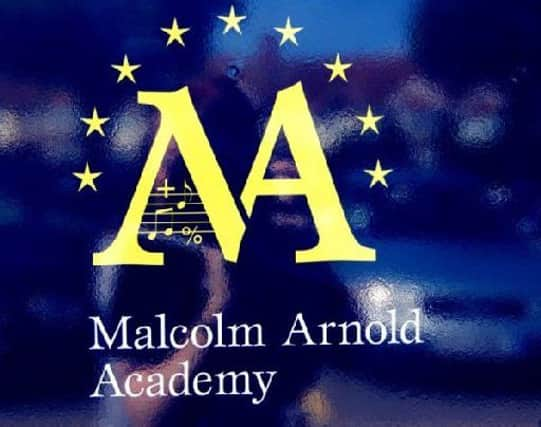POLL: Do you think Northampton school's '˜no touching' rule is the way to go?


On Saturday the Chronicle & Echo reported how the school, run by the David Ross Education Trust, introduced the rule this September. But as the story garnered such a strong reaction, for both sides, we thought we would settle the matter... through an online poll.
The principal at Malcolm Arnold, Chris Steed, said the rule is about making sure youngsters respect one another’s “personal space” in the often crowded corridors there.
Advertisement
Hide AdAdvertisement
Hide AdOne particular parent, who contacted the Chron to ask why the rule had been implemented, described the measure as a “no-hugging” policy, which she felt may have a detrimental effect on the pupils.
Others were even less keen on the measure.
Anna Lupino Civil, said: “Absolutely ridiculous! There’s a difference between invading someone’s personal space and giving someone a supportive hug or an encouraging pat on the back!
Sarah England, said: “How stupid! Can’t hug when someone is down, can’t high five when they feel a sense of achievement, can’t help someone up when they fall?”
However the school says it has actually strengthened the sense of community there.
Advertisement
Hide AdAdvertisement
Hide AdPrincipal, Mr Steed said: “The reality is that not being allowed to poke, push or be affectionate to another pupil in public has always been an unwritten rule at the academy, but through the work with students, it is something that we wanted to formalise.”